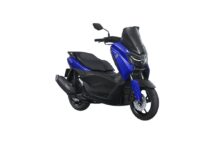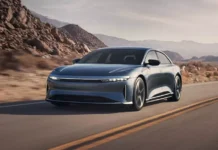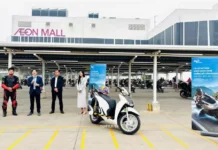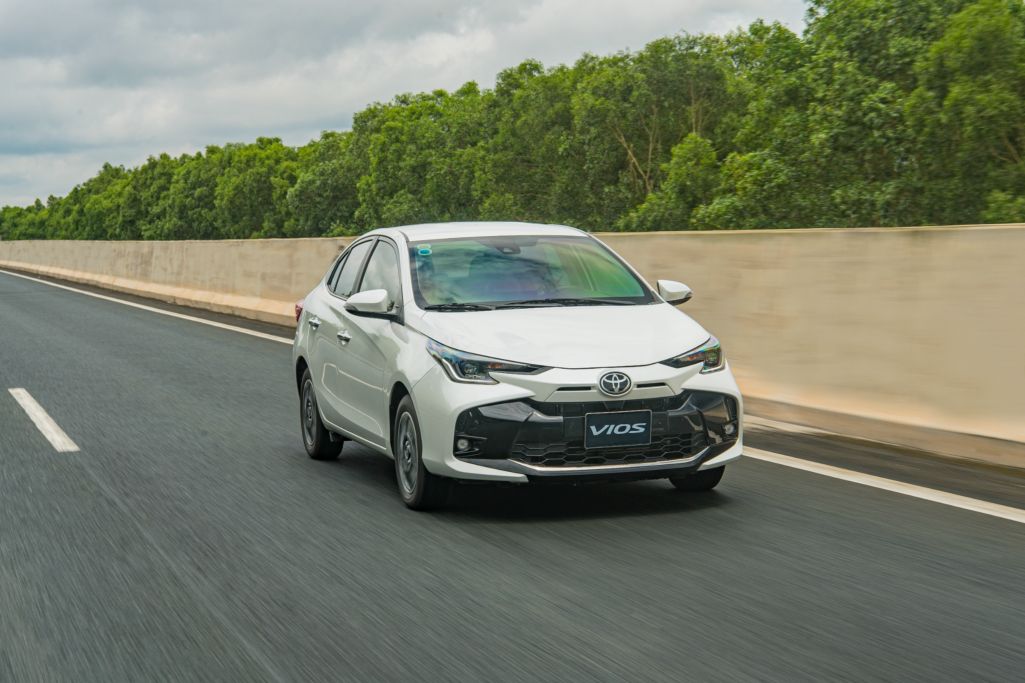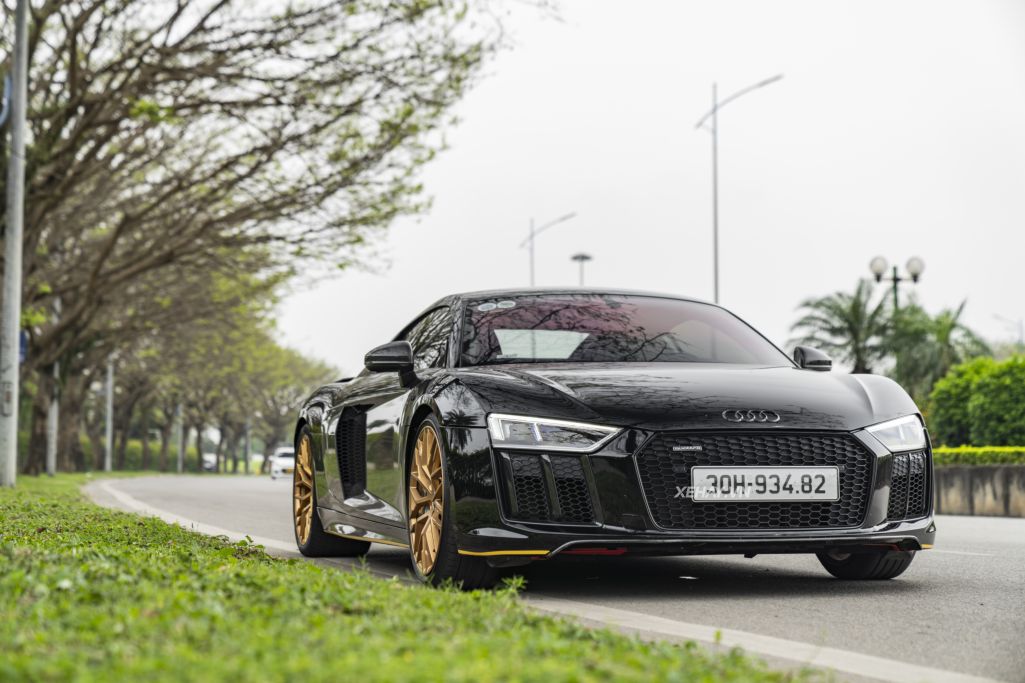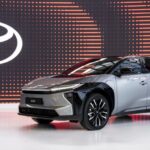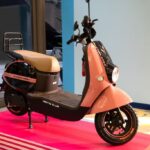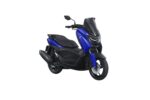The recently published White Paper 2025 by the European Business Association in Vietnam (EuroCham) presents a comprehensive overview of the Vietnamese automotive market.
According to EuroCham data, as of late 2024, the Vietnamese automotive market is dominated by three brands: VinFast, Hyundai, and Toyota, with market shares of 18%, 14%, and 14%, respectively. Combined, these three automakers control approximately 46% of the industry’s total market share.
Among them, VinFast, a domestic electric vehicle brand under the Vingroup conglomerate, has witnessed robust growth thanks to its new model launches and competitive pricing strategy. Hyundai, through the joint venture between the Thanh Cong Group and Hyundai Motor (South Korea), along with Japan’s Toyota, continue to maintain their strong positions in the leading group.
Other prominent brands include Ford and Mitsubishi, each holding about 9% of the market share, followed by KIA and Mazda with 7% and 6%, respectively. These automakers are regularly featured in VAMA’s periodic reports.
The report also reveals that the premium car segment currently accounts for only 6% of Vietnam’s total automotive market share. European brands such as Mercedes-Benz, BMW, Audi, and Porsche collectively hold around 3% of the market share, equivalent to approximately 8,000 new car registrations in 2024.
According to the periodic report published by the Vietnam Automobile Manufacturers’ Association (VAMA), in 2024, Vietnam had 6.3 million automobiles for a population of 100 million people. It’s worth noting that VinFast does not provide data for VAMA’s report, and Hyundai is not a member of VAMA.
EuroCham reports that the Vietnamese automotive industry recorded a 12.6% growth in sales in 2024, a significant recovery from the previous year’s 25% decline. These figures align with VAMA’s previously released sales report.
Notably, from September to November 2024, when the government implemented a 50% reduction in registration fees for domestically produced and assembled vehicles, there was a surge in new car registrations. This policy is considered one of the key factors contributing to the market’s recovery.
However, the scale of the Vietnamese automotive market remains relatively small compared to other ASEAN countries such as Indonesia, Thailand, Malaysia, and the Philippines, both in terms of consumption volume and per capita car ownership. Currently, Vietnam has approximately 6.3 million automobiles for a population of over 100 million people.
One notable aspect of this White Paper is its insights and recommendations regarding the transition to electric vehicles in Vietnam. EuroCham commends the Vietnamese government’s ambitious commitment to achieving net-zero emissions by 2050, stating that it is feasible with an appropriate roadmap and timely supportive policies.
As per the plan, starting in 2025, all new urban buses will use green energy. By 2030, at least 50% of personal vehicles in urban areas and all new taxis must switch to electric or clean energy.
EuroCham recommends that the government provide stronger support for hybrid electric vehicles (HEVs), which are considered a crucial stepping stone in the transition from internal combustion engines to pure electric vehicles. Specifically, the organization proposes reducing the special consumption tax and registration fees for hybrid vehicles until the infrastructure for electric charging stations is developed synchronously and efficiently nationwide.
TH (Tuoitrethudo)
“Hyundai Supports Customers with a 70% Discount on Registration Fees”
Hyundai Motor Company and its trusted partner, Thanh Cong Auto, have announced an exciting initiative for the Vietnamese market. The companies are offering a generous discount of up to 70% on registration fees for popular Hyundai models, making it more accessible than ever to own a Hyundai vehicle in Vietnam.


